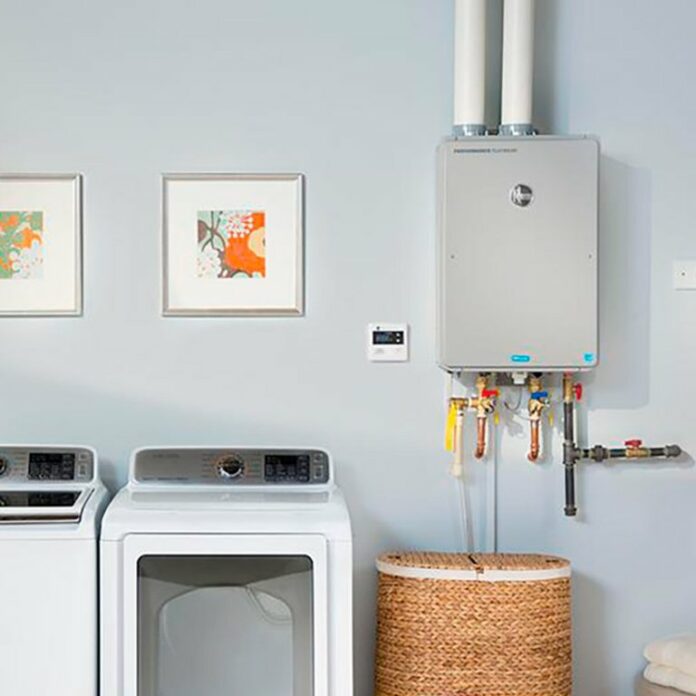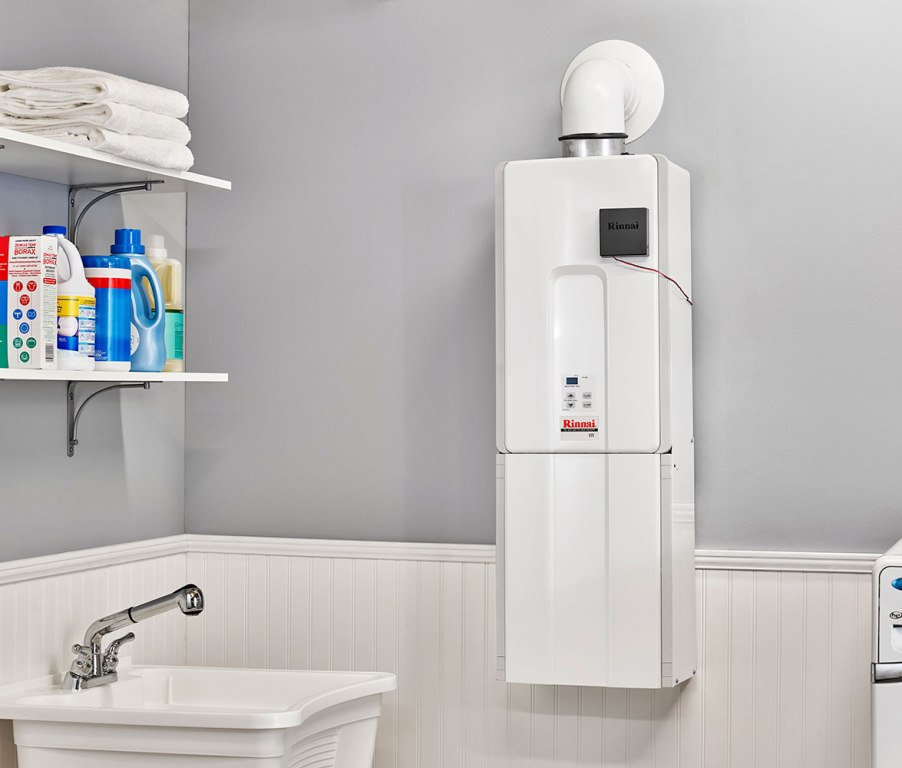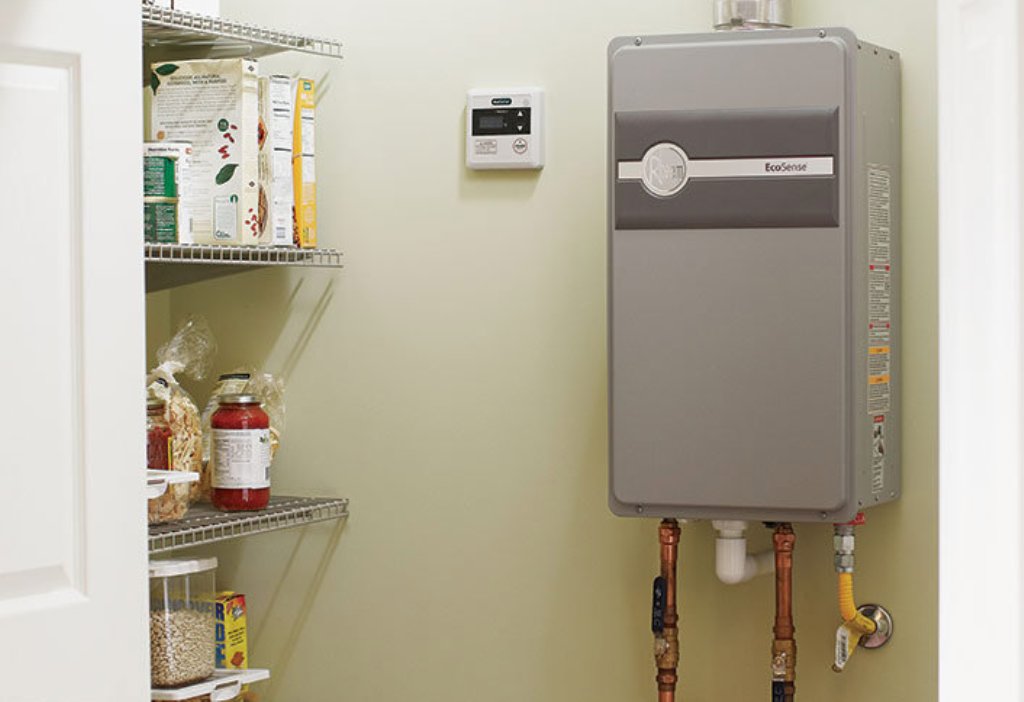Hot water is necessary to all of us, whether for our baths, showers, dish-washing, mopping the tough stains out of our floors, or for warming up our hands in the sink in the morning. However, heating up the water in your home is a significant contributor to your utility bill – somewhere around 10 to even 20 percent of it. The key to always having hot water at a low cost is an excellent and energy-efficient water heater.
Your current water heater may not be doing its job right. The experienced professionals over at BNE Hot Water believe every home should have an energy-efficient water heater, so if it’s time for an upgrade, you’ll want to consult an expert. There are a lot of things to consider before picking out a new water heater, however. Let’s take a look together so you won’t be selecting just any old heater to get the job done without knowing your options first.
1. Method of Storage
In the everyday home, the two types of water heaters are usually either tank heaters or tankless heaters. Tank heaters are just what they sound like, tall tanks that store and heat water continuously and keep it in reserve for when it’s needed. Tankless heaters, on the other hand, only turn on when hot water is demanded and send the water through a series of pipes where the water is heated as it makes its way through the system and to your shower or faucets.
Generally, tankless heaters save energy because they only turn on when needed, while tank heaters are always heating, meaning they can lose heat to the surrounding environment. Other alternative types of water heaters are geothermal heat pumps, solar heaters, and coil heaters, but most of the time you’ll be looking at either tank or tankless since they’re the most widely used.
2. Fuel Type
Determining which type of fuel your water heater runs on is essential to selecting the right replacement heater and possibly selecting a better alternative. Most water heaters are either electric or gas-powered, be it natural gas or propane. Electrical heaters are low cost up-front, but they cost more in the long-run and have a higher contribution to your energy bill. Gas-powered water heaters are more expensive up-front, and need to be specially ventilated through a wall or chimney, but are generally less costly month-to-month than electrical heaters. Geothermal and solar energy are also great money-saving fuel alternatives, but you’ll need a particular type of water heater to utilize either of those.
3. Energy-Efficiency
Because heating water impacts your energy bill so much, taking into consideration how much energy a water heater can save is vital to lower bills. Manufacturers should mark water heaters with an Energy Factor (EF) rating, which enables you, the buyer, an easy way to compare the efficiency of separate models. The EF rating takes into account how the heater converts its fuel source into heat and how much heat it loses in storage. Generally speaking, the higher the EF rating, the more energy-efficiency you’ll be getting from the heater.
4. Capacity
Depending on how many people you have in your home, you’ll want to know the capacity of your water heater. If you select a tank heater, know how many gallons it will hold, and if you choose a tankless heater, find out the capacity of that too. If you’re living on your own or just with another person, a lower capacity water heater may work just fine, but if you have a family or live with multiple people, you’ll want something that can hold and heat more. It’s also an option to install an extra heater if you know that there are always going to be several people in your home who need to use the hot water at the same time.
5. Annual Operating Cost
While the up-front cost will vary from the heater to heater, what’s most important to take a look at is how much heating your water is going to cost you long-term. Calculate the yearly cost of running different heaters and compare them to make sure that you’re getting the right one for you. It’s also smart to add those annual costs to the costs of your other utilities to get a total estimate of how much your bills will add up to when selecting one water heater over another. It is also a good idea to get a water heater with a warranty, just in case.
6. Space Needed
Based on the size of your house and the space available, you may need to opt for a smaller heater if you can’t fit a tank in your laundry room or basement. Tankless heaters are generally the smaller option, but tank heaters do come in shorter and wider sizes to hold the same amount of water but accommodate for lower spaces.
There’s a lot to consider when selecting a new water heater, but you don’t need to get overwhelmed. Every factor ultimately connects, and we can help you install any system of your choosing. If you aren’t sure, they experts can help you take every consideration into account to make sure you’re making the right choice and getting the best system for your household.




















